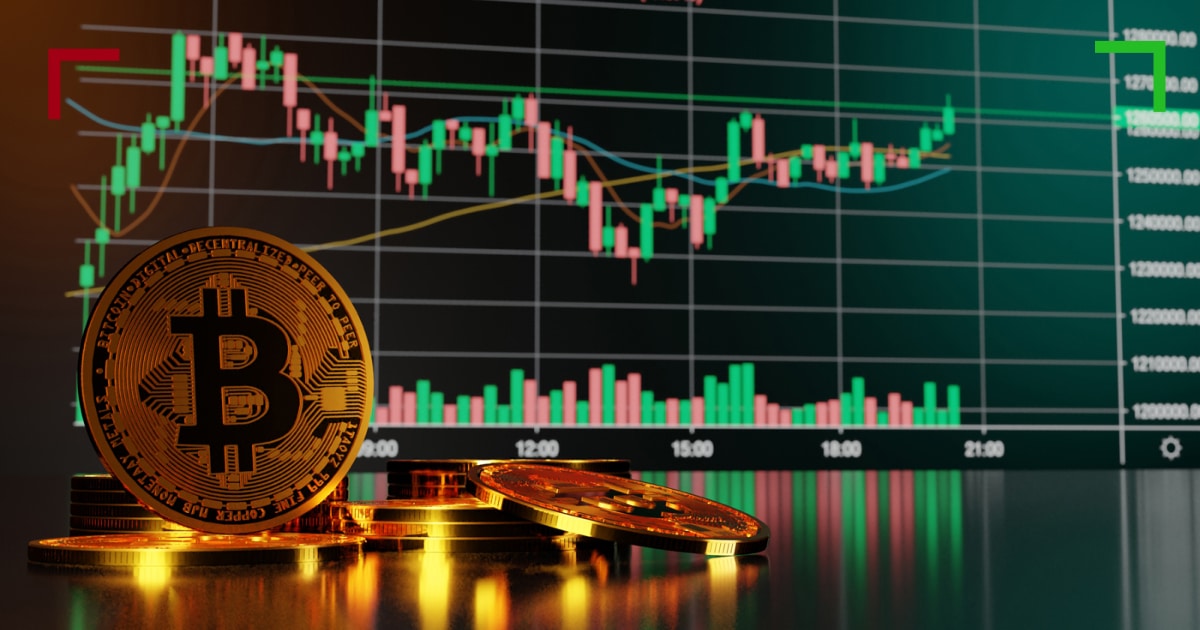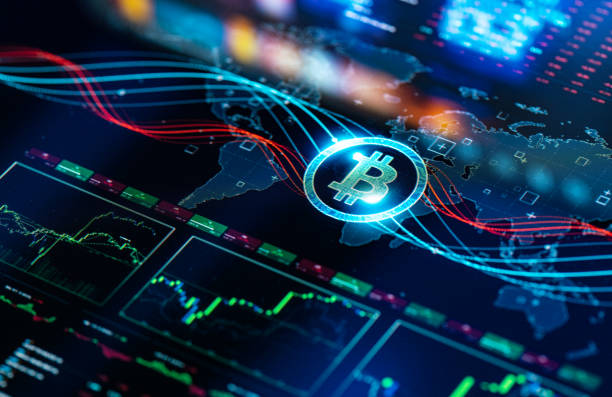Understanding Crypto Trading Execution Speed Key to Success

Understanding Crypto Trading Execution Speed: Key to Success
In the fast-paced world of cryptocurrency trading, execution speed is a crucial factor that can significantly influence a trader’s success. The long-term viability of a trading strategy is often contingent upon how quickly trades can be executed. You can Crypto Trading Execution Speed visit website to understand more about developing technologies impacting this aspect.
The Importance of Execution Speed in Crypto Trading
Crypto markets are known for their volatility. Prices can swing dramatically within short periods. As a trader, whether you are a day trader looking to capitalize on quick moves or a long-term investor aiming for the best average price, execution speed can play a pivotal role. Delays in trade execution can result in losses, missed opportunities, and increased slippage, limiting the potential profitability of trades.
Factors Influencing Execution Speed
Several factors affect the execution speed of trades in the crypto market:

- Market Conditions: During peak volatility or high trading volume, exchanges can become congested, leading to slower execution times.
- Exchange Infrastructure: The underlying technology of an exchange, including server speed, bandwidth, and efficiency of order-matching algorithms, directly impacts how quickly trades can be executed.
- Trader’s Technology: Traders utilizing high-performance hardware and optimal internet connections can achieve faster execution compared to those on slower devices or connections.
- Order Types: The choice of order type (e.g., market order, limit order) can also affect execution speed, with market orders generally being executed faster than limit orders.
Types of Orders and Their Impact
Understanding the types of orders available and their respective advantages concerning execution speed is essential for traders:
- Market Orders: These are executed immediately at the current market price, ensuring the fastest execution but with a risk of slippage.
- Limit Orders: These allow traders to specify the price they are willing to pay or receive. While they provide control over the price, they can lead to slower execution as traders may have to wait for the market to reach their specified price.
Strategies to Enhance Execution Speed
Traders can adopt various strategies to improve their execution speed:
- Utilize Advanced Trading Platforms: Trading platforms with advanced order routing technology and low latency connections will provide a competitive edge.
- Automate Trading with Bots: Algorithmic trading can help in executing trades at optimal times, potentially increasing trade execution speed.
- Choose the Right Exchange: Select exchanges known for their high-speed infrastructure and reliability. Reviewing performance metrics can assist in this evaluation.
- Predefine Trades: Ensuring that trade setups, including entry, stop-loss, and exit points, are well-defined in advance can lead to quicker decisions.

The Role of Latency and Network Speed
Latency refers to the time it takes for data to travel from one point to another. In crypto trading, lower latency is desirable as it means faster execution of trades. Traders should monitor their network speed and consider using dedicated internet connections or even direct market access solutions, particularly for high-frequency trading strategies.
Understanding Slippage
Slippage occurs when there is a difference between the expected price of a trade and the actual price at which it is executed. This can be particularly problematic during periods of high volatility. Speed of execution is generally associated with minimizing slippage, as faster trades can help secure better pricing that aligns with market conditions at the time of the order placement.
The Future of Crypto Trading Execution Speed
As technology continues to evolve, so too will the infrastructure of crypto exchanges. Advancements in blockchain technology, increased access to higher bandwidth services, and the use of 5G networks will likely contribute to further improvements in execution speeds. Additionally, the growing adoption of centralized exchanges versus decentralized platforms will create a more dynamic marketplace where execution speed can be optimized.
Conclusion
In conclusion, crypto trading execution speed is paramount for any trader seeking to maximize their potential in a highly volatile market. By understanding the factors that influence execution speed and taking steps to improve it, traders can enhance their overall trading performance. As technology progresses, the evolution of trading execution will continue to shape the landscape of the cryptocurrency market.












